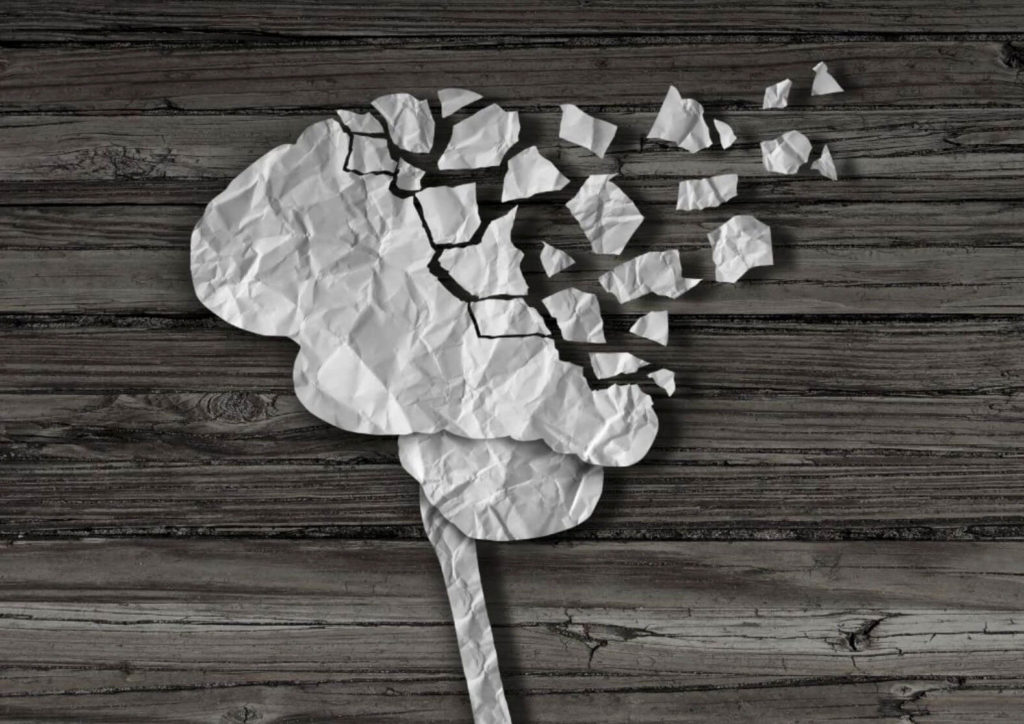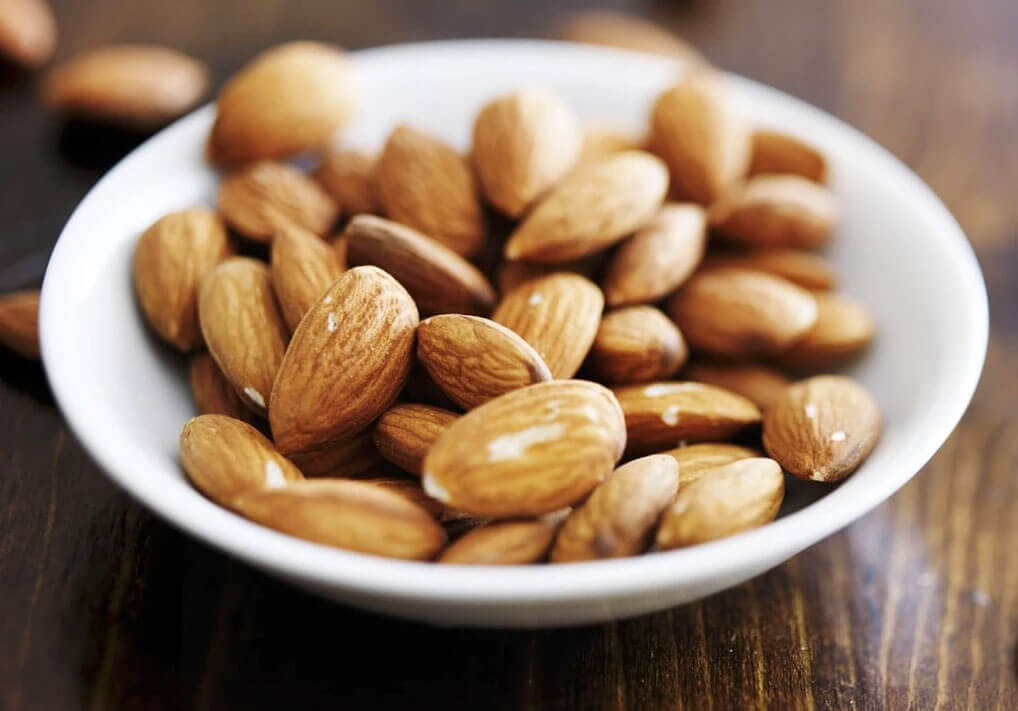I hope you all have been sleeping well during the holidays! However, did you know that it is possible to get too much sleep? According to recent research, getting too much sleep is actually just as bad to you as getting too little sleep. Catching too many Zz’s over and over again may be a sign of an underlying medical condition, and it also puts your health in risk. A healthy amount of sleep per night lies around eight hours. Here are a few things you are risking health-wise, if you’re getting too much sleep night after night.
Fit and Fabulous

If you’re either trying to lose some a few pounds or just wish to remain the hot fox or stud you are, you may want to make sure you aren’t constantly getting too much sleep. According to one research, those who sleep eight hours ore more have greater increases in belly fat over a five-year period. And just for the record, the same goes for those who average under seven hours of sleep per night. According to National Sleep Foundation, “sometimes the best way to treat obesity can be to treat an underlying sleep problem”.
One US study showed that people who got nine to ten hours of sleep every night were 21% more likely to become obese over a six-year period, compared to people who got seven to eight hours of sleep per night. This association remained the same even when eating habits and exercise were taken into account.
Avoiding Depression
Even though insomnia is linked to depression, 15% of people who are depressed sleep too much. As regular sleeping patterns are crucial to recovery, getting too much sleep can make depression even worse. When it comes to healthy people, getting too much (or too little) sleep increases the heritability of depressive symptoms.
In a study, participants who were sleeping between seven and nine hours, had a 27% heritability of depressive symptoms, whereas sleeping nine hours or more increased the percentage to 49.
"Don't Forget!"

Both too much and too little sleep can be bad for the aging brain. A group of women taking part in the Nurses’ Health Study were asked about their sleep habits in 1986 and 2000. They were interviewed about memory and thinking skills three times over a later six-year period.
What was found was that womenwho slept too much or too little had changes in brain functioning that made them mentally two years older, compared to those who got enough quality sleep.
Hoping to Get Pregnant?
In 2013, a team of Korean researchers analyzed sleep habits of women undergoing IVF. The women were broken into three groups: short sleepers (less than 6 hours of sleep per night), moderate sleepers (7-8 hours), and long sleepers (over nine hours). Results showed that moderate sleepers had the highest pregnancy rate, whereas short and long sleepers came about 10% behind.
According to the study’s authors, getting enough sleep benefits reproductive hormone secretion. Moreover, the real reason behind decreased fertility here may be the fact that excess sleep can cause various health issues, all of which can affect fertility.
Increased Risk of Diabetes

In a small study, researchers found that people who slept more than eight hours a night were twice as likely to develop type 2 diabetes or impaired glucose tolerance over a six-year period than those who slept between seven and eight hours a night. Even after taking into account body mass among the subjects, the risk of diabetes and insulin resistance was still twice as high among those who got too much or too little sleep.
Staying Healthy
Short sleep exposes the body to mild inflammation, but a recent study found that so does sleeping too much. The study, conducted in Kuopio, Finland, examined the health and lifestyle of middle-aged men. Short sleep (<6 hours) and long sleep (>10 hours) were found to be linked to mild degree of inflammationcompared to 7-8 hours of sleep. They also investigated the blood element concentration in relation to duration of sleep. High copper concentration in blood was linked to long duration of sleep. Copper helps the body make melanin, bone, and connective tissue.
Lifestyle choices such as diet and exercise influence copper levels, as well as other micronutrient concentrations in the body. Too much copper is toxic to organs, killing liver cells and harming the nervous system. It can also create an imbalance in zinc and iron in the body.
Heart Problems

Short sleepers are more likely to suffer from stiffened arteries and calcium deposits on the walls of their major arteries. Coronary calcium develops long before heart attack symptoms occur, and a greater amount of calcium in the coronary arteries predicts future development of heart disease. According to one study, participants who got five or fewer hours of sleep a day had 50% more calcium in their arteries than those who slept seven hours a day, while those who slept nine or more hours had at least 70% more calcium compared to those who got 7 hours of sleep, and those who reported poor sleep quality had over 20% more calcium than those who reported good sleep quality.
One study in the US involved nearly 72,000 women and showed that women who slept over nine hours a night were 38% more likely to have coronary heart disease than those who got eight hours of sleep.
Adequate Sleep = Longer Life
Life expectancy has been getting longer and longer, but did you know that getting too much or too little sleep is linked to a greater risk of death? Sleeping over eight hours a night was associated with a 1.3-times bigger risk of death among the 1,382,999 various study participants.
A specific reason for this correlation hasn’t been determined. However, depression and low socioeconomic status are associated with longer sleep. So, these could be linked to the increase in mortality for people who sleep too much.
We at Emfit Want to Help You!

With Emfit QS you can measure sleep quality and quantity, as well as recovery with zero effort. Once you have installed it, all you ever have to do is go to sleep and check the results whenever you want! Emfit QS measures your heart/respiratory rates and heart rate variability throughout the entire night, and tells you all about the quality of your sleep with our 3-class sleep classification (light, deep, and REM sleep). When it comes to sleeping too much, our current Sleep Score algorithm doesn’t punish you for an overly long sleep period – yet – we are thinking about changing it into that direction.
So, how about, if I challenge you all to make a New Year’s resolution: getting an average of 8 hours of sleep a night to stay healthy! Who’s in!?
Cheers,
Peppiina



